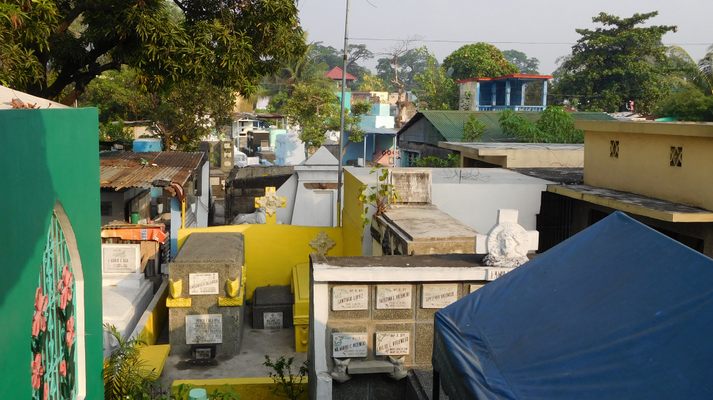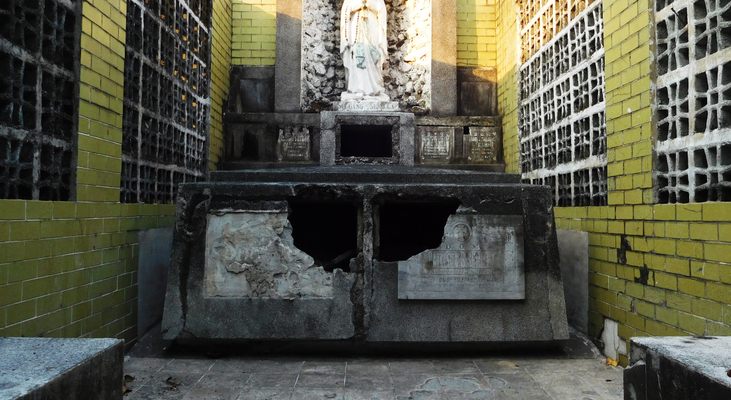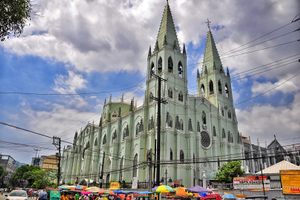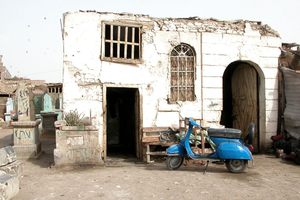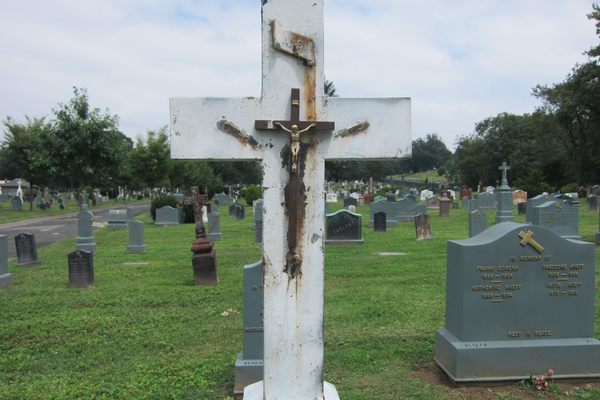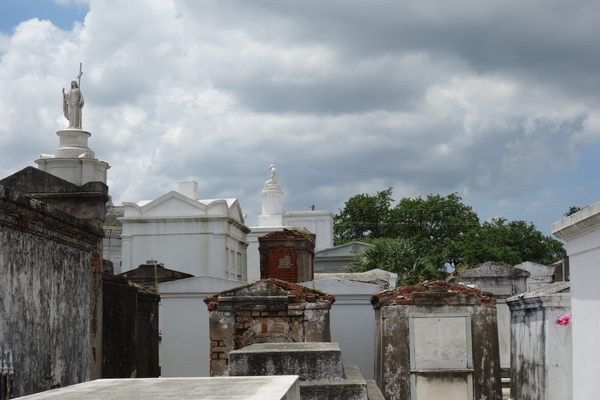About
The vast Manila North Cemetery stretches across 100 acres in the packed city of Manila. But this cemetery isn't a scene of peaceful serenity, so much as bursting with life, the smells of cooking, and children running underfoot.
That's because the cemetery has been home to an ever increasing population of living residents for over 70 years. Currently home to a population of more than 10,000 Filipinos, in between the headstones and crypts one finds food carts, kids playing dice atop a 150 year old grave, and businesses run from inside a family mausoleum.
Originally home to poor caretakers, who began living there year round, the population grew as poor people who could no longer afford their rent moved into their family crypts, often sharing space with the deceased remains of parents and grandparents. The cemetery has been home to poor Filipinos for long enough that there are 60-year-olds who were born, and have lived their entire lives, in the cemetery.
The cemetery is a thriving hidden city, where the residents form a sort of symbiotic relationship with the dead. To make money, children carry coffins (also said to bring them good luck) for 50 cents, and collect scrap metal, while their parents work to clean the crypts of the wealthier areas, work security, or dig graves. They often run local businesses from within their mausoleums/crypts. Nonetheless, the cemetery is no easy place to live, lacking hot water, electricity, and any kind of functional sewage system.
Recently, there have been complaints from both residents and visitors that a bad element has moved in, such as thieves and drug addicts who are robbing the graves. In 2007 the Mayor threatened to evict the entire neighborhood.
One group that does regularly get evicted is the dead. If you aren't wealthy enough to have your own space you are buried at the edge of the cemetery and dug up after five years and your bones are stacked in charnel houses. This also happens to anyone who can't afford their familiy's mausoleum rent. However in doing so it also makes room for new comers, be they living, dead, or a mix.






